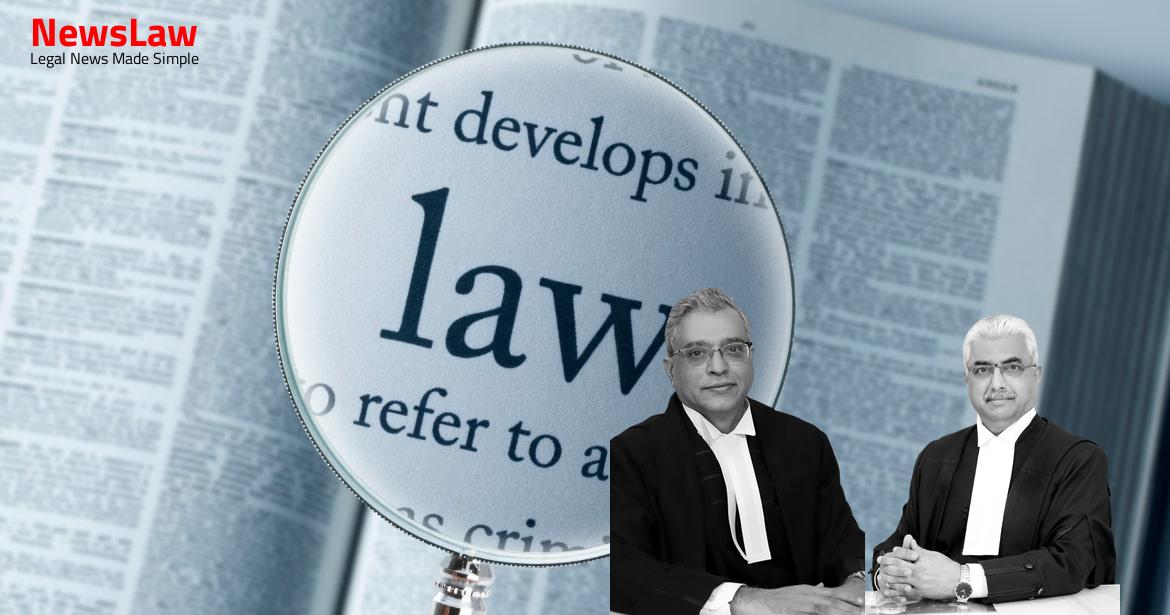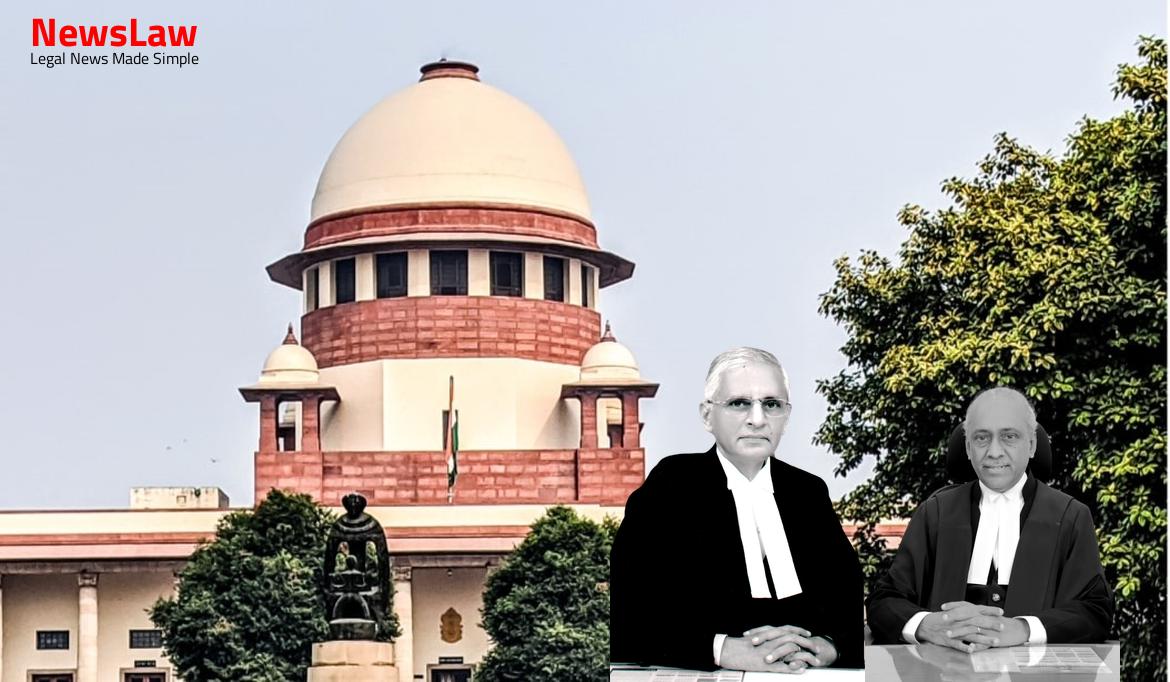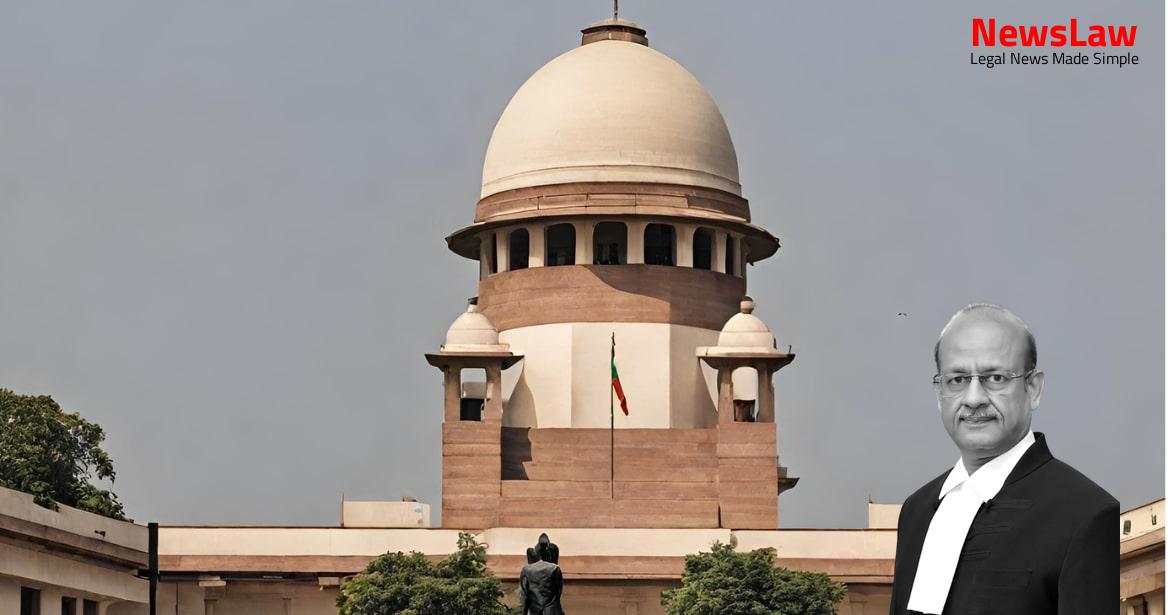Delve into the legal intricacies of how the refusal of promotions by employees can impact their eligibility for benefits under the ACP Scheme. This analysis focuses on the court’s perspective on the matter, emphasizing the significance of understanding the conditions and implications of accepting or rejecting promotions in the context of employee rights and entitlements.
Facts
- Suman Lata Bhatia and Manju Arora were offered promotion to the post of Translation Officer (Hindi) on a regular basis.
- The respondents are claiming benefits under the Assured Career Progression Scheme for Central Government civilian employees.
- The ACP Scheme allows for financial upgradation to the next higher grade of pay for employees who do not receive promotion after 12 years of service.
- Employees rightfully given first upgradation benefit, which could not be withdrawn
- Refusal of vacancies based promotion disentitled financial upgradation under ACP Scheme
- Benefits under ACP Scheme initially granted but later withdrawn for two respondents
- Tribunal opined that refusal of regular promotion means employee opted to remain in current grade
- Employees’ refusal for promotion only impacts second upgradation as per Delhi High Court judgment
- Challenges against ACP benefit withdrawal filed in Central Administrative Tribunal
- Scheme provides financial upgradations after set service years with conditions
- Judgment interfered to restore upgradation under ACP Scheme for concerned employees
- Recovery of differential pay on upgradation cancellation interdicted due to no misrepresentation
- Non-acceptance of promotion impacts only second upgradation based on OM conditions
- Similarities in Civil Appeal where respondents were appointed as Senior Translators in Air Headquarters
Also Read: Insurance Claim Repudiation due to Fire Incident: Court’s Legal Analysis
Analysis
- Financial upgradation under the ACP Scheme is available only if no regular promotions have been received by the employee at the prescribed intervals of 12 and 24 years.
- Employees who refuse the offer of regular promotion are disentitled to financial upgradation benefits under the ACP Scheme.
- The ACP Scheme is intended as a ‘safety net’ to address genuine stagnation and hardship faced by employees due to lack of promotional avenues.
- Refusal of regular promotion impacts only the second upgradation under the ACP Scheme.
- Debarment periods for refusing promotions cannot be counted towards the required service period for higher-grade promotions.
- Accepting higher pay scale under the ACP Scheme implies the acceptance of future regular promotions on occurrence of vacancies.
- Refusing regular vacancy-based promotions before ACP benefits renders an employee ineligible for ACP benefits.
- Employees who forfeit offered promotions forfeit their entitlement to ACP benefits.
- The court should not grant ACP benefits to employees who have refused promotions for personal reasons, as it is not a lack of promotional opportunities but a voluntary decision.
- The ACP Scheme was introduced based on recommendations by the Fifth Central Pay Commission.
- Clear conditions in the ACP Scheme (like Condition no. 5.1) should be relied upon rather than misconstruing other conditions to grant benefits.
- The doctrine of election was explained in Lissenden v. CAV Bosch Ltd.
- Lord Atkin stated that the person involved in such cases has the choice of two rights to adopt, but cannot choose both.
- The employees in question did not exercise a choice between alternatives, so the principle of irrevocable decision with knowledge does not apply.
- The employees cannot be allowed to simultaneously approve and reject the offer, known as the principle of approbate and reprobate.
- This doctrine is applicable to the circumstances of this case.
- The above principles do not apply to employees Kanta Suri and Veena Arora as they were offered conditional promotion, not regular promotion, and their refusal does not disentitle them to the benefits under the ACP Scheme.
Decision
- Respondents have reached the age of superannuation
- Consequential relief should be granted to eligible employees within three months
- First set of Appeals allowed, second set dismissed
Case Title: UNION OF INDIA Vs. MANJU ARORA (2022 INSC 1)
Case Number: C.A. No.-007027-007028 / 2009



